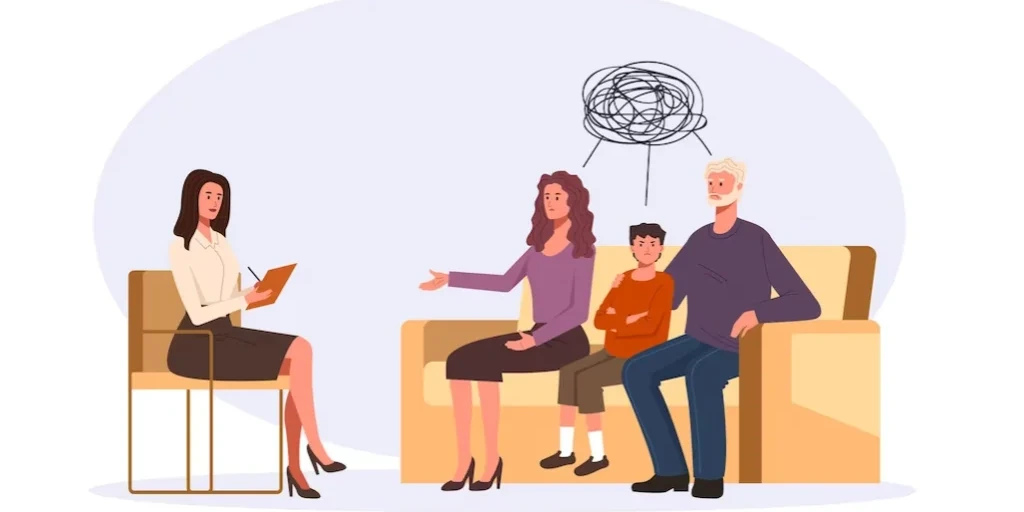24/7 Helpline:
(866) 899-111424/7 Helpline:
(866) 899-1114
Learn more about Fentanyl Detox centers in Ruston
Fentanyl Detox in Other Cities

Other Insurance Options

Health Net

Coventry Health Care

Molina Healthcare

Absolute Total Care

UMR

Private insurance

Amerigroup

BlueShield

Oxford

Self-pay options

Ambetter

Lucent

GEHA

Kaiser Permanente

Aetna

Premera

Providence

Magellan Health

MHNNet Behavioral Health

United Health Care

Lincoln Nova Vital Recovery
Lincoln Nova Vital Recovery is a dual diagnosis, drug, and alcohol addiction treatment center locate...

Northeast Delta Human Services Authority
Northeast Delta Human Services Authority serves people with mental health issues, addictive disorder...



Professional Counseling Services of Ruston
Professional Counseling Services of Ruston is a private rehab located in Ruston, Louisiana. Professi...








































